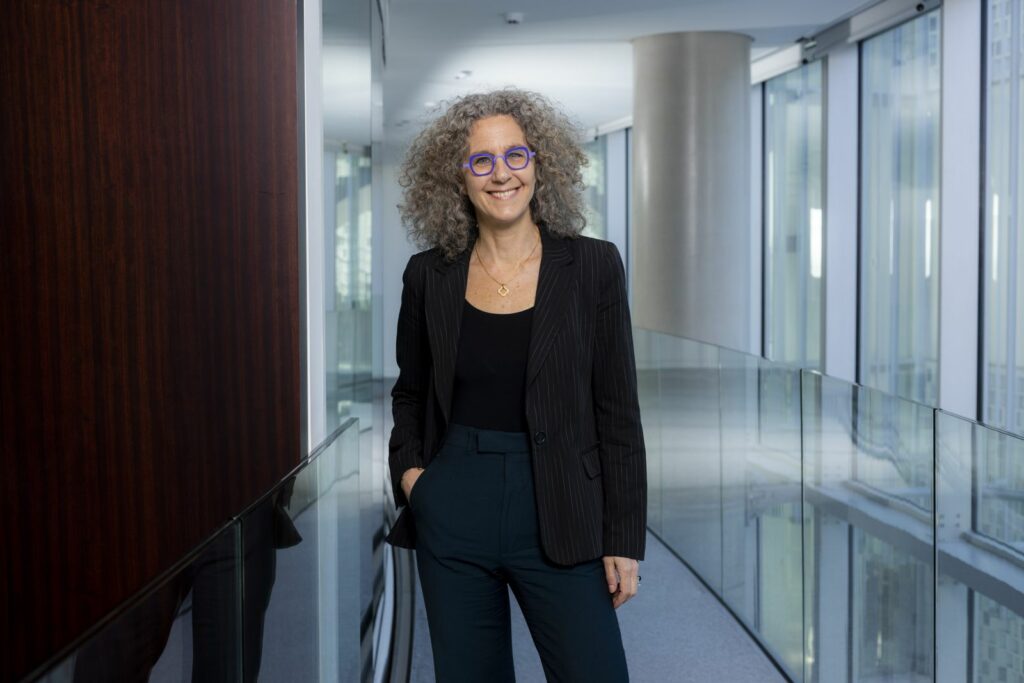Since joining Servier in March 2025, Nitza Thomasson has taken on a central role in shaping the Group’s long-term ambitions in neurology. As Global Head of R&D Neurology, she is responsible for implementing the Neurology TA strategy, overseeing cross-functional initiatives to build a strong pipeline in areas of high unmet need, and aligning objectives with Servier’s long-term vision looking toward 2030 and beyond.
With more than 20 years of experience in the biotech & pharmaceutical industry, Nitza brings a track record of building R&D capabilities across global organizations. After previous experience at Servier, she went on to hold leadership positions at Fovea, Sanofi, Gensight Biologics, BrainEver and Tissium. She also spent 8 years as an independent consultant before returning to the Group to take on this new mandate. What brought her back? Her interest in building complex projects in challenging environments, combined with the opportunity to structure and grow the newly launched rare neurology franchise.

Throughout her career, Nitza has consistently emphasized collaboration between teams, geographies, and functions. She believes that alignment, trust, and open communication are not just the foundations of effective teamwork, but ultimately the driving force behind a shared purpose: delivering solutions with urgency to ease patient suffering. She also brings a clear perspective on the value of learning through experiencing. For her, failure is part of the innovation process, as long as it contributes to continuous improvement. This mindset supports an environment where teams are encouraged to take initiative, share ideas, and adapt when needed.
Beyond the lab, Nitza sees one of the key challenges in R&D as building the right ecosystem around innovation, that includes not just internal experts, but also patients, caregivers, and advocacy groups. She advocates for involving these stakeholders early in the process, to ensure that the therapies being developed are aligned with real-world needs. Looking ahead to 2030 and beyond, she also sees a growing role for technology and data science in supporting smarter and faster development. In particular, she points to the potential of AI in accelerating analysis, identifying clinical endpoints more efficiently, and ultimately accelerating the path from discovery to delivery.
For Nitza, the work ahead is both ambitious and grounded: it’s about building sustainable capabilities, working across silos, and aligning scientific progress with the needs of patients and communities.
